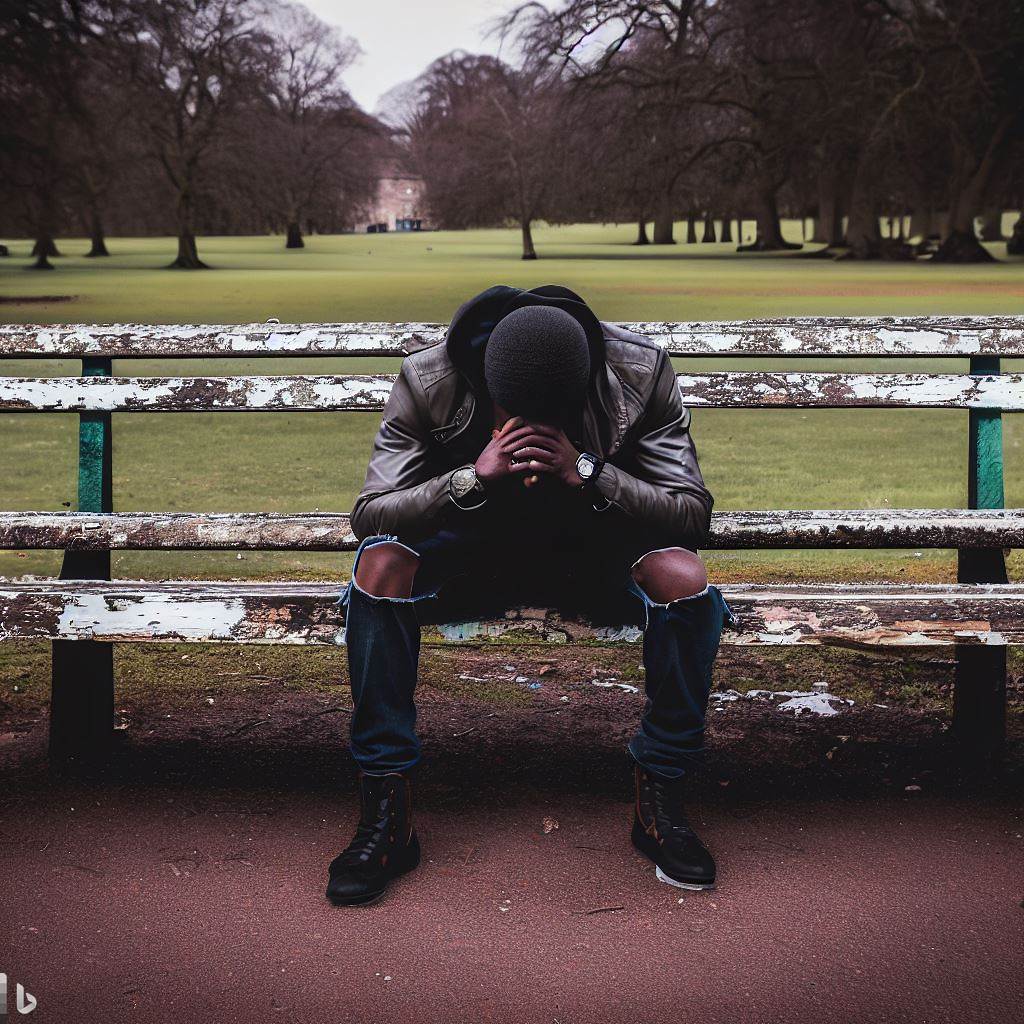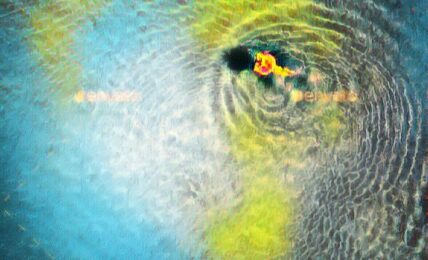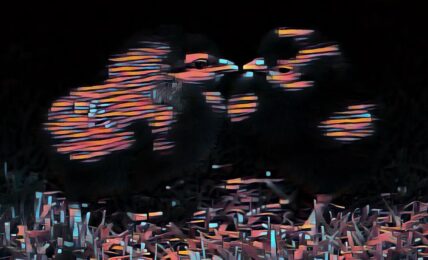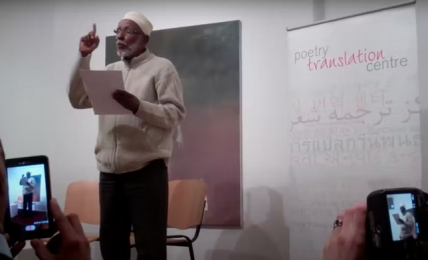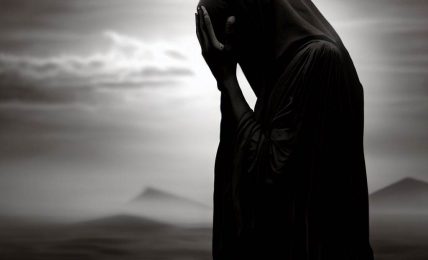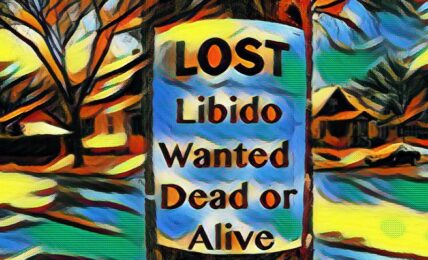“A Long Way From Home” by Michael Inalegwu Ogah
As a child, clinging to my father's side, my hand tightly grasping his calloused one, we arrived at the boarding school gates. Tears streamed down my face, a testament to my yearning for home's safety and comfort.
